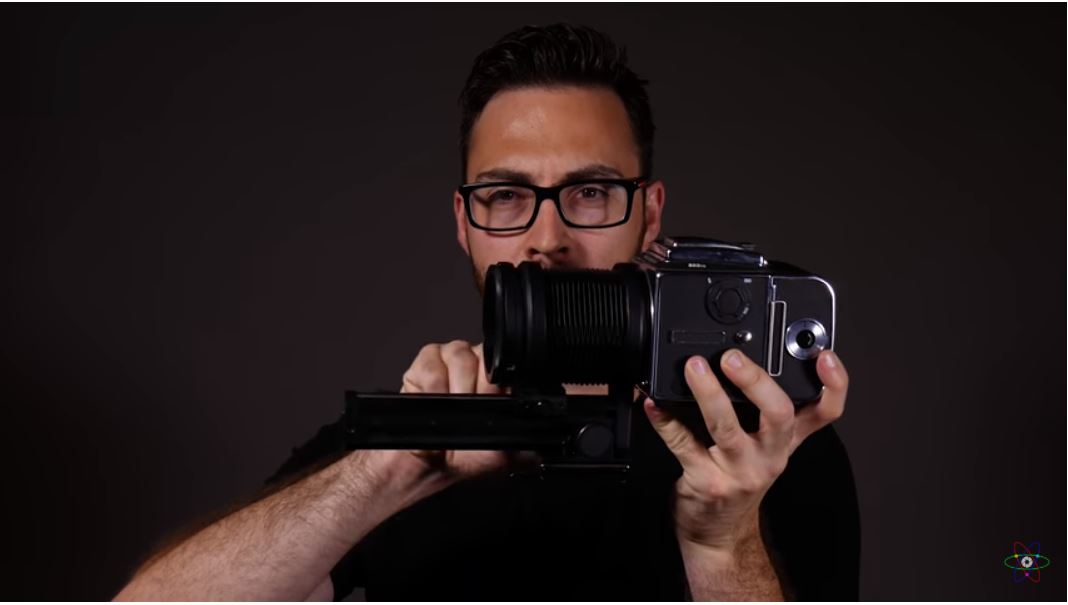Last Updated on 05/08/2018 by Mark Beckenbach
We bet you’ve never thought you can convert your current cameras into a pinhole camera with zoom!
Did you shoot with a DIY pinhole camera for the recent Worldwide Pinhole Photography Day? If you were able to make a nice setup, we have something that will make sure you get to shoot with an even more epic one next year (or anytime you feel like some pinhole snaps are in order). There’s a lot of cool science stuff involved, and there’s no one better to explain it to us than Cyrus Arthur of The Science of Photography channel.
Most of us think of the pinhole camera as a very simple, light-proof box that has a pinhole and taking medium for capturing images in either film or digital format. However, Cyrus Arthur lets us in on a really nifty upgrade to the matchbox, tin can, or cardboard box pinhole cameras we’ve been crafting. In the video below, he shows us how we can make a cool and sophisticated pinhole camera with zoom using some 35mm or 120 cameras we already have.
There you have it, folks. If you can find a nifty bellows attachment for your camera, you’re one step closer to converting your camera into a cool zoom pinhole snapper. As Cyrus mentioned, these contraptions were used primarily for some serious macro work. Through this attachment, however, we can also effectively change the focal length of our pinhole cameras quickly and easily. Just pair it with a body cap pinhole attachment and you’re all set!
Well, there’s one last bit to keep in mind to ensure you get the best results. Cyrus explains that there’s a optimal pinhole size for the focal length you’re using. So, if you already have a body cap pinhole that you can use without the bellows, its pinhole size may not be the best for the focal lengths you’ll set with the bellows. There’s math involved to figure out this pinhole size based on the focal lengths your bellows will give. For his setup, he found that around 205mm was the best. He talks about that in detail in this other video about pinhole camera design.
In the mood for more science-y photography stuff? Why not also geek out on the science of camera sensors, dive into the science behind exposure and metering, or even learn about the space physics in your camera!
Screenshot image from the video by The Science of Photography


